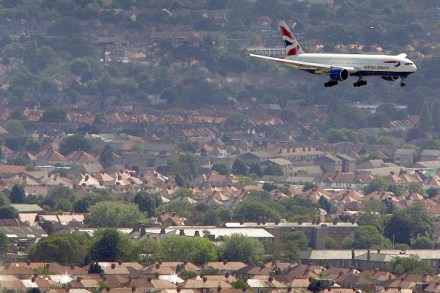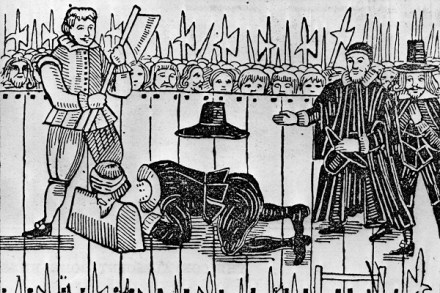Aviation: Don’t say one thing and do another
Some tickets to the Spectator’s next debate, ‘No Ifs, No Buts: Heathrow Must Have a Third Runway’, are still available. Tim Yeo, chairman of the energy and climate change select committee, and Jon Moulton, chairman of Better Capital, and influential Tory backbencher Graham Brady will be speaking in favour of the motion, while Daniel Moylan, Boris’ right hand man, and John Stewart, chairman of the ClearSkies campaign, will oppose the motion. Click here for more information and the box office. In the piece below, Cheryl Gillan MP, the former Secretary of State for Wales, discusses many of the economic issues that surround this vital political debate. The danger of putting the cart before the horse




















